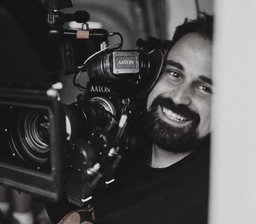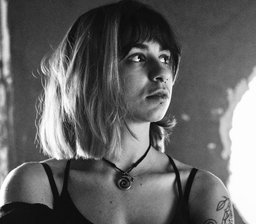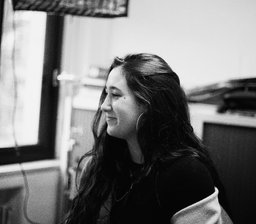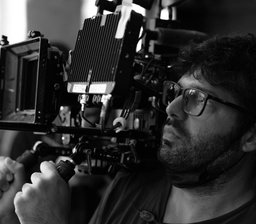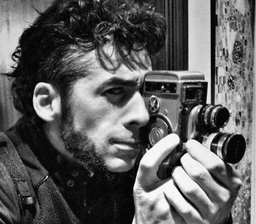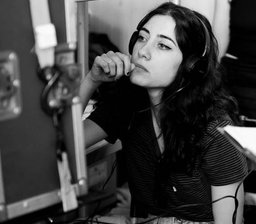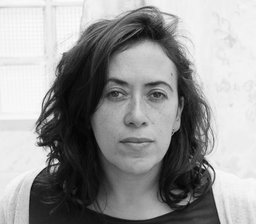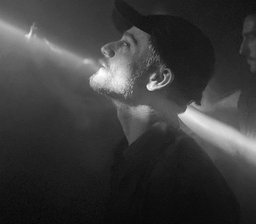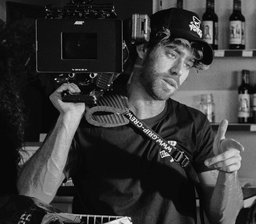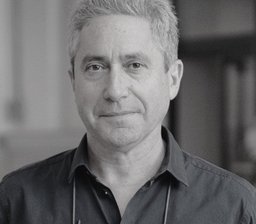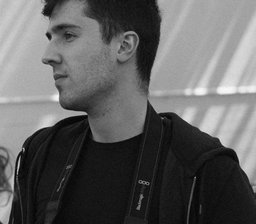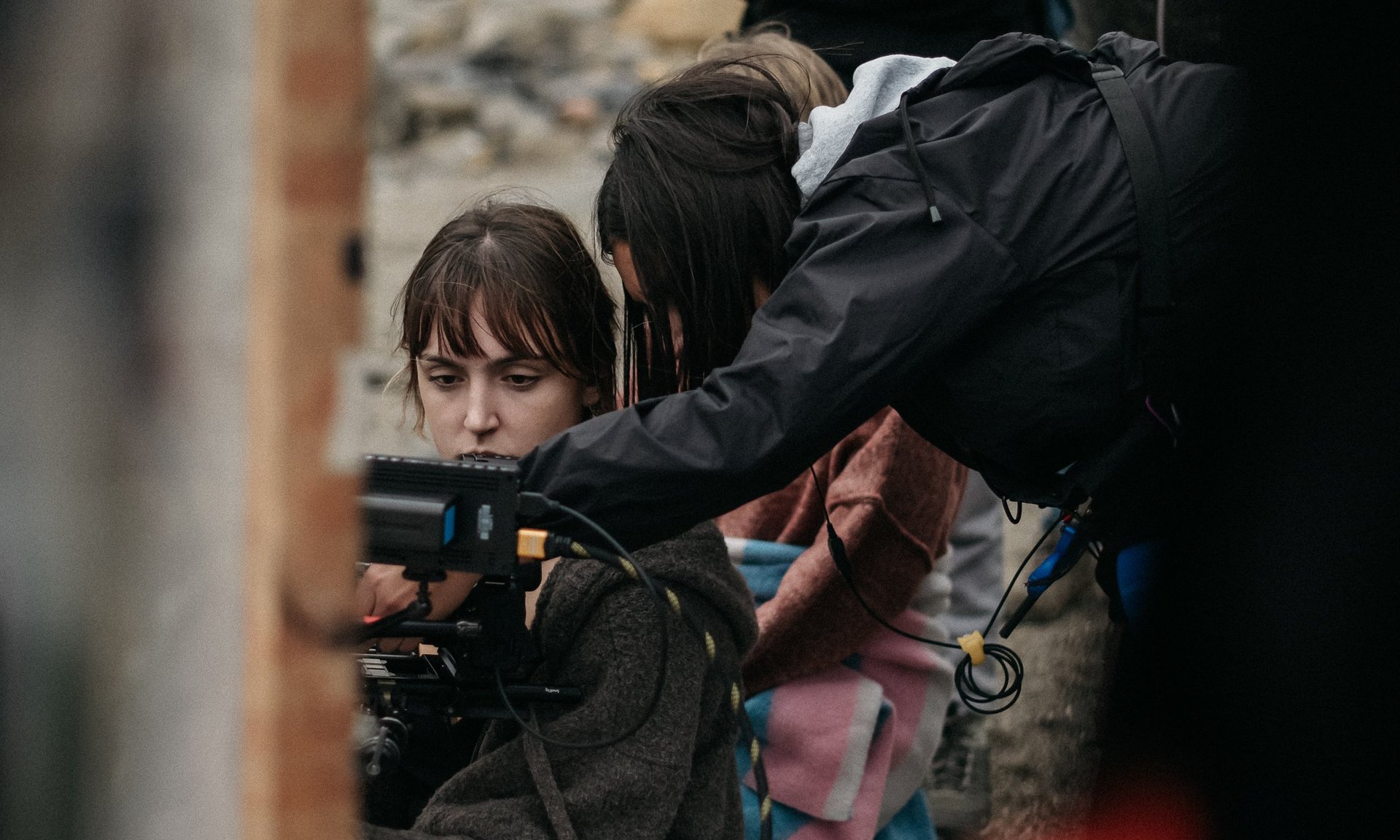Introduction
The specialty confronts students with the challenges inherent to the processes of ideation, work methodologies, experimentation and conceptualization, as well as the materialization of film projects. Faced with the fundamental question of how a filmmaker is trained, the Master's Degree in Creation responds by posing another: how to get rid of everything and return to cinema through the specific knowledge provided by empirical work?
The master's degree process begins with the subject "Cinematographic Issues", which establishes the questions as the central axis of the narrative. Based on three stages, the first gives importance to working from the rigor of creative thinking and imagination, the second stage explores the methodologies of creation and the third proposes to advance in the films from their empirical creation.
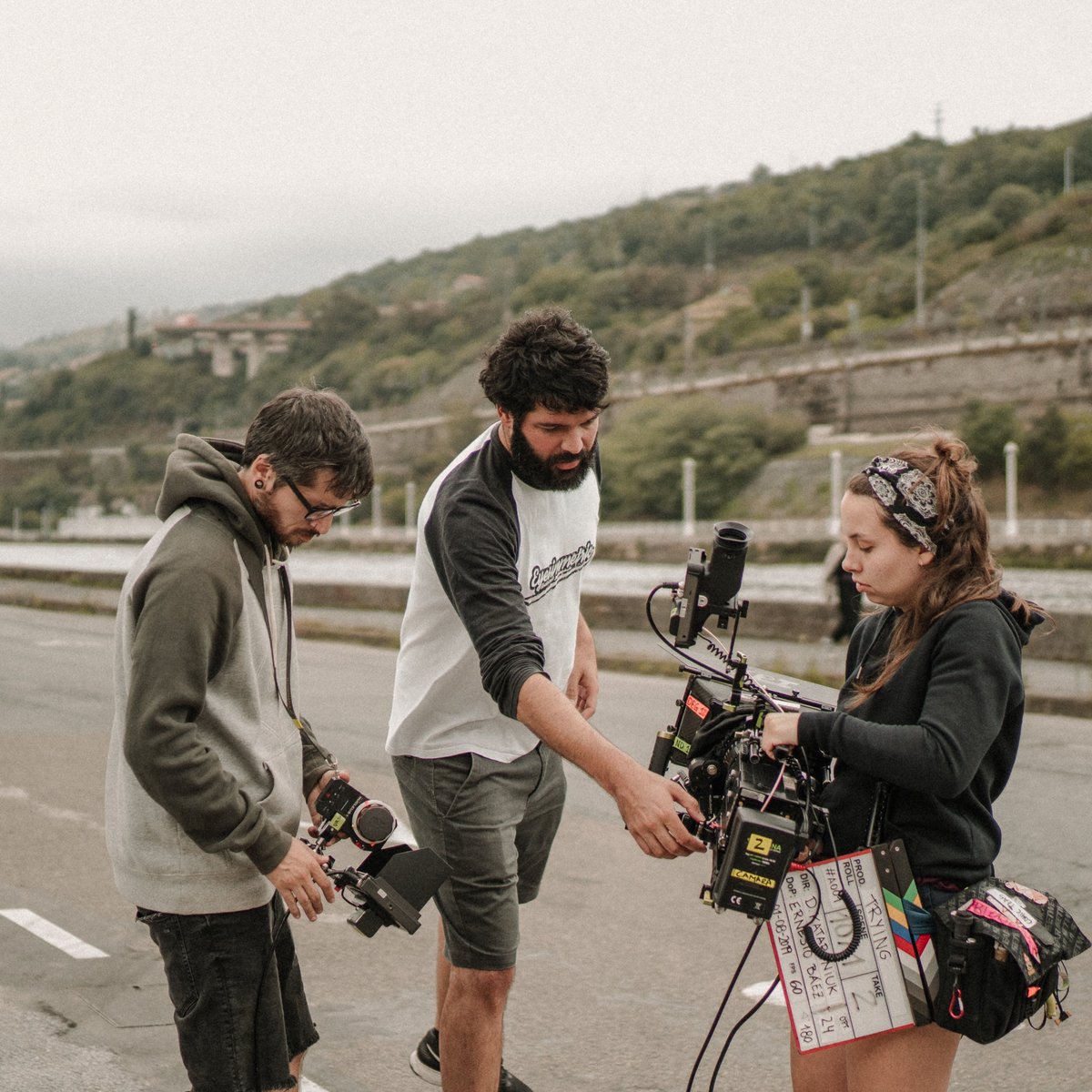
Master's degree
Get Your Info Now!Dates
Enrollments
Timetable
From October to June:
Afternoon schedule from 10:00 AM to 2:00 AM.
Formation hours
More than 500 teaching hours + External internships
Information
Small groups.
Own degree.
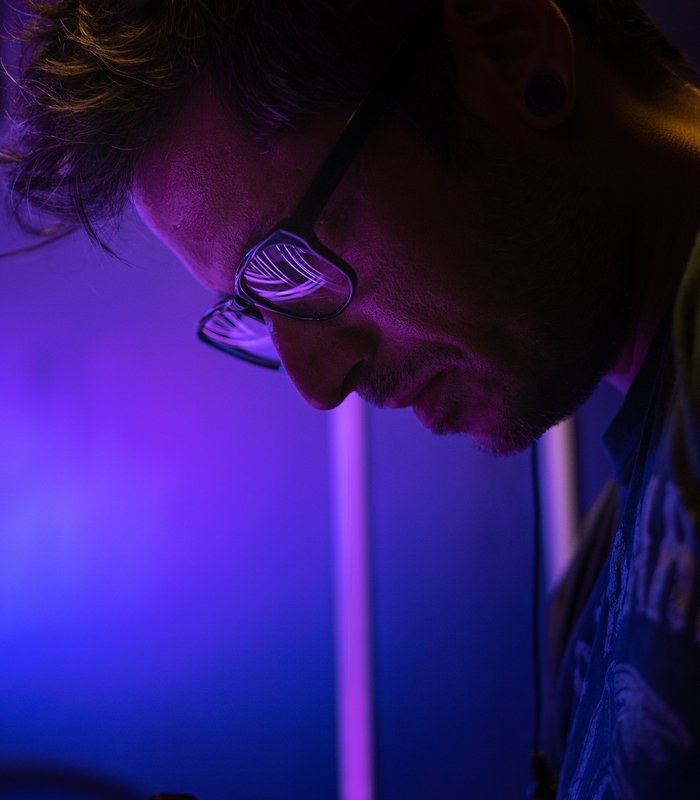
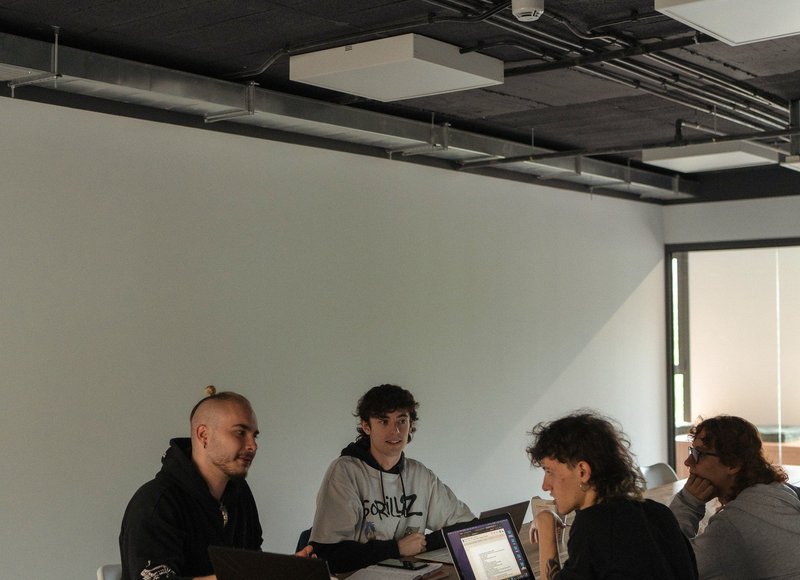
Target audience
Graduates in Audiovisual Communication, Fine Arts, or other related university-level degrees.
Students from film schools or artistic disciplines. Students with a Higher Degree in Audiovisual Projects and Shows or equivalent.
Professionals with proven experience in the audiovisual sector.
Who you'll become
Students of the Master's Degree in Cinematography will obtain a global knowledge of the tasks of the rest of the components of a film team – cinematography, art direction, editing, sound design, etc. – from the development of directed practical exercises and short films of their own creation, a practice that will be complemented with theoretical classes and master classes taught by professionals in the sector.
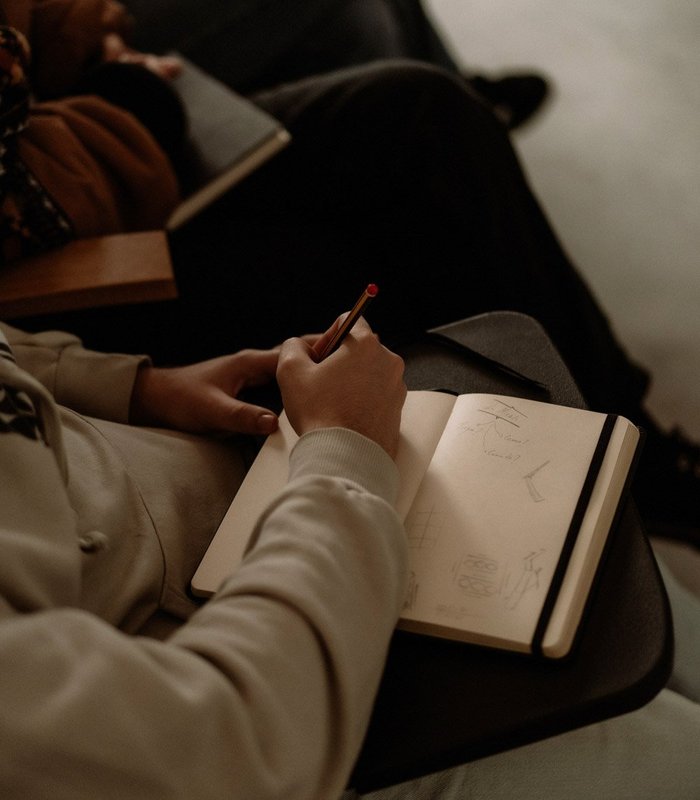
Our way of teaching
El alumnado obtiene durante el Máster conocimientos de cinco de las principales disciplinas artísticas:
- Guion
- Producción
- Dirección
- Montaje
- Fotografía
Todo ello con el fin de poder crear su propia experiencia y explorar su faceta más artística.
Enrollment, registration and prices
Request all the information by filling out the contact form, writing us an email, calling us by phone or visiting us in person.
We will send you all the necessary information so that you can register.
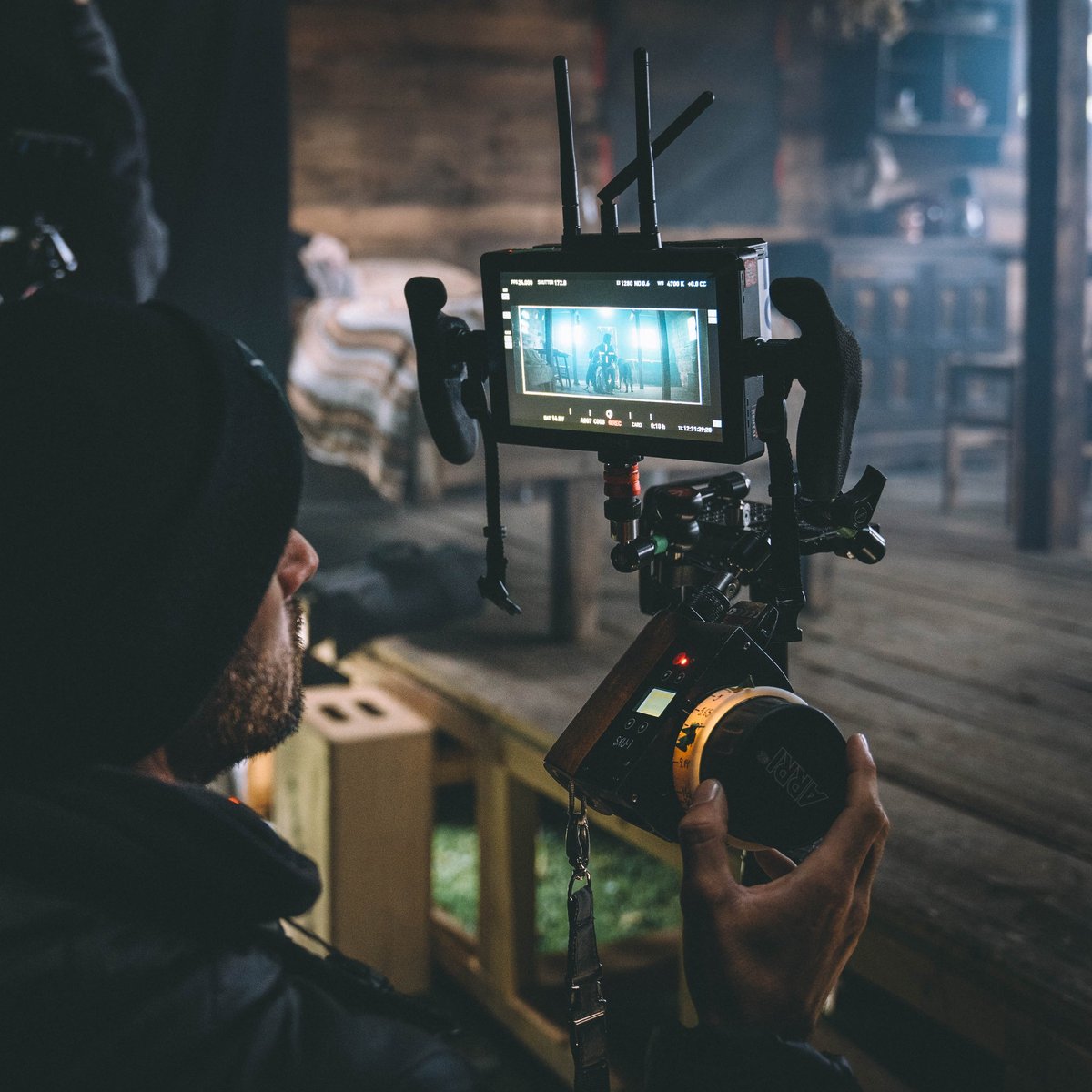
Contacts
Ver mapa
Customer service schedule
- From Monday to Friday:
9:30 a.m. to 2:00 p.m. and 3:00 p.m. to 6:00 p.m. - Saturdays and Sundays closed
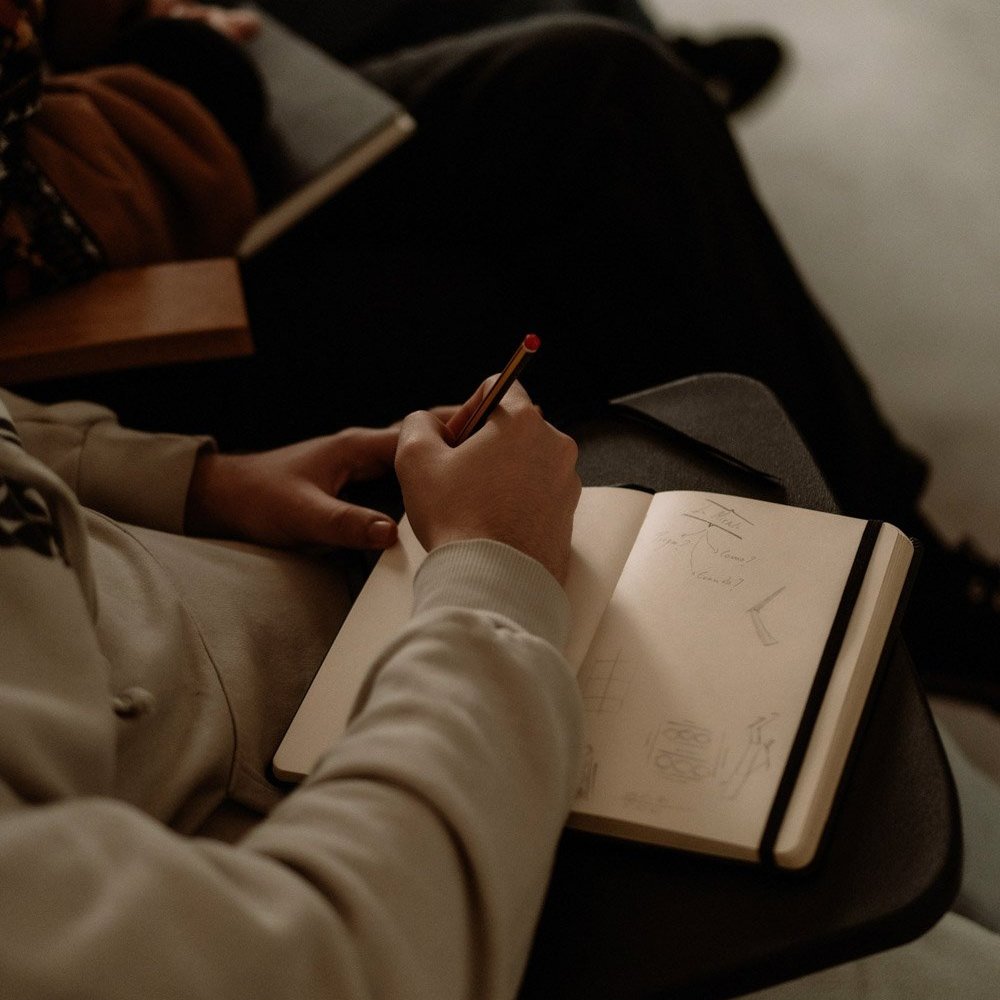
Diploma Program Content
| Nombre | Descripción |
|---|---|
| Estructuras de guion y Dramaturgia | Introducción a la dramaturgia y la estructura narrativa: desde Aristóteles hasta la posmodernidad. |
| Cuestiones de Cinematografía y Lenguaje | Introducción a conceptos de lenguaje, de lenguaje artístico y de lenguaje cinematográfico. |
| Planteamientos de dirección | Ética cinematográfica, plasticidad y semántica audiovisual. |
| Dirección de actores | Texto, cuerpo e intención: el trabajo con los actores. |
| Teorías Cinematográficas | Introducción a las diferentes teorías cinematográficas |
| Trabajos y talleres prácticos | Aplicación a la práctica cinematográfica de los conceptos teóricos vistos en clase |
| Cámaras | Se aprenderá a seleccionar y manejar diferentes cámaras cinematográficas |
| Objetivos cinematográficos | Se aprenderá a seleccionar y manejar diferentes objetivos cinematográficos |
| Esquemas y tipos de iluminación | Investigación práctica de los modos de iluminación narrativa y sus efectos. |
| Composición y movimientos | Pensamiento narrativo y plástico del encuadre cinematográfico. |
| Colorimetría | De la teoría del color al etalonaje. |
| Talleres Prácticos de Fotografía | Aplicación a la práctica cinematográfica de los conceptos fotográficos vistos en clase. |
| Narrativa del montaje | El montaje como herramienta dramática. |
| Captación de sonido | Manejo y exploración del material y las técnicas necesarios a la captación de sonido en vivo. |
| Posproducción de sonido, mezcla y sonido 5.1 | Funciones del sonido en la narrativa cinematográfica y técnicas para llevarlas a cabo. |
| Programas, protocolos y técnicas de montaje digital | Formación en todos lo requisitos técnicos de montaje exigidos por la industria audiovisual. |
| VFX y Motion | Introducción a los conceptos indispensables para el manejo de los efectos virtuales desde el montaje. |
| Coordinación de posproducción | Protocolos de supervisión de la posproducción audiovisual |
| Producción, Financiación y Distribución | Introducción a los circuitos y requisitos de producción, desde la presupuestación hasta la financiación y distribución. |
FAQ - Questions and Answers
What will I learn in the Film Directing course?
You will learn to develop your vision as a director, from the conception of an idea to the final production, working with screenwriters, actors, and technicians to build your own visual language.
What is the duration of the Film Directing course?
The Film Directing diploma lasts three years, during which students progress from learning technical and narrative fundamentals to directing complex and professional projects.
How is student progress evaluated?
Through practical work, class participation, guided exercises, and the completion of a final project, which is assessed both technically and creatively.
Does the course offer networking or job placement opportunities?
Yes, you will collaborate with students from other specialties and take part in real film shoots, helping you build a strong professional network from the very beginning.
¿Is it necessary to have prior experience to enroll?
The Master's in Cinematography is designed for those who feel that filmmaking is not just a vocation, but a way of seeing.
For those who seek to go beyond the technical aspects and enter a territory where thought, sensitivity, and craft intersect.
This program is for graduates in communication, art, or humanities; for film students who wish to delve deeper; for professionals who want to find a more honest and free voice.
It is for those who ask not only how a film is made, but why.
If you feel you have a story to tell—even if you don't yet know how—this is the place for you.
Can I present my own project as part of the course?
Yes, the course encourages the development of original ideas. You will be able to submit personal proposals and work on them under the guidance of the faculty.
What kind of projects will I carry out during the course?
You will complete several practical exercises, including short films and scenes, covering all phases of the filmmaking process: scriptwriting, shooting, and post-production.
Who are the course instructors?
The teaching team is made up of active professionals from the film industry: directors, screenwriters, editors, and producers with extensive experience in the field. Watch Teachers
Is any type of certificate awarded upon completion of the course?
Yes, you will receive a certificate from the school that validates your participation and the knowledge gained throughout the course.
Will I have access to technical materials and filming equipment?
Yes, you will have access to professional cameras, lighting and sound equipment, and editing rooms to carry out your projects following industry standards. Watch facilities
Professors
